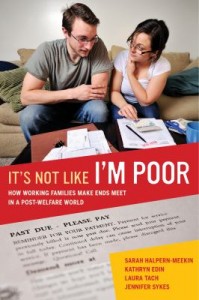Originally published in the Wesleyan Bee, in 1885!
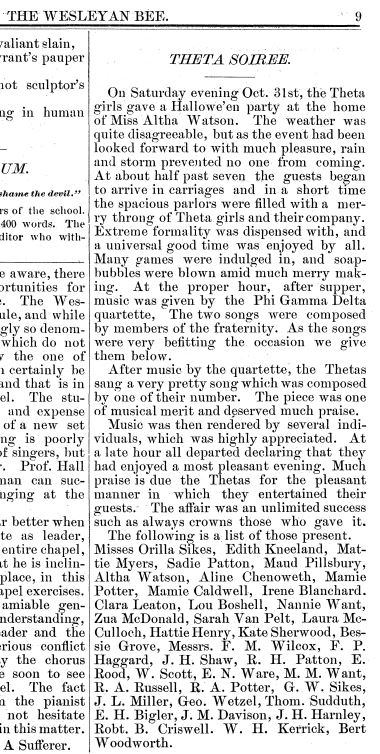 O say can you seen on this dark hallowe’en,
O say can you seen on this dark hallowe’en,
How the Thetas are stealing the cabbage and turnips,
And out in the field through the perilous night,
O’er the garden fence now are so gallantly climbing!
And the Thetas’ wild tare, are the screams in the air,
Give proof through the night that the girls are still there!
Cho. O Thetas, O Thetas, we hail with glad joy
This merry hallowe’en, and welcome to the fair!
Mr. Watson’s best squash, his pumkins and eggs,
Against his loved home and by the door-way are flying,
But the Thetas declare that they do not care,
They’re having a hallowe’en jollifcation;
And they stay till the gleam of the mornings first beam,
Then go home with their “brothers” poor innocent boys!
Cho. O Thetas, O Thetas, we hail with glad joy
This merry hallwoeen, and the welcome of the fair.
________________________
We’re lucky boys as ere were seen,
Who on this lovely hallowe’en
Are met with joyous, happy mean
At bidding of Thetas.
Cho. “The Theta girls of the mystic grip”
No opportunity ever skip
To give the boys a pleasure trip
The Thetas, they are charming.
They love the boys, we know its true,
They show it in whate’er they do,
They manage well to catch them, too,
These Thetas, they are chaming. Cho.
We gladly sing the Theta’s praise,
Their winsome smiles and witching ways;
We’ll put a head on the man who says
The Thetas are not charming. Cho.

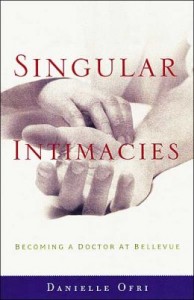
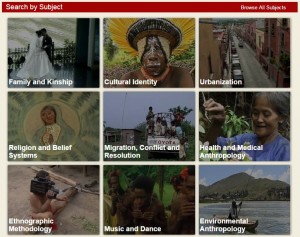
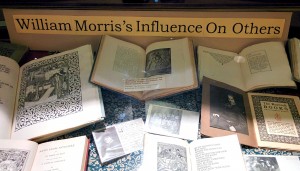
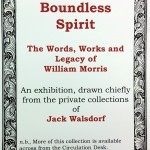
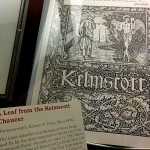 Librarian and associate professor. Morris was a 19th-century English designer, writer, philosopher and founder of the Kelmscott Press, a publisher influencing the revival of the private press.
Librarian and associate professor. Morris was a 19th-century English designer, writer, philosopher and founder of the Kelmscott Press, a publisher influencing the revival of the private press.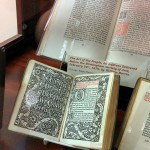
 seum of History. Miner said attendees are invited to bring one or two books from their collections for an “Antiques Road Show” type of assessment with Walsdorf narrating.
seum of History. Miner said attendees are invited to bring one or two books from their collections for an “Antiques Road Show” type of assessment with Walsdorf narrating.